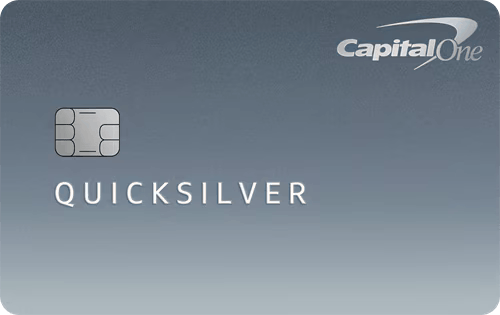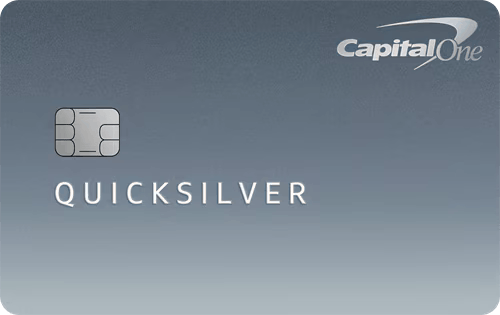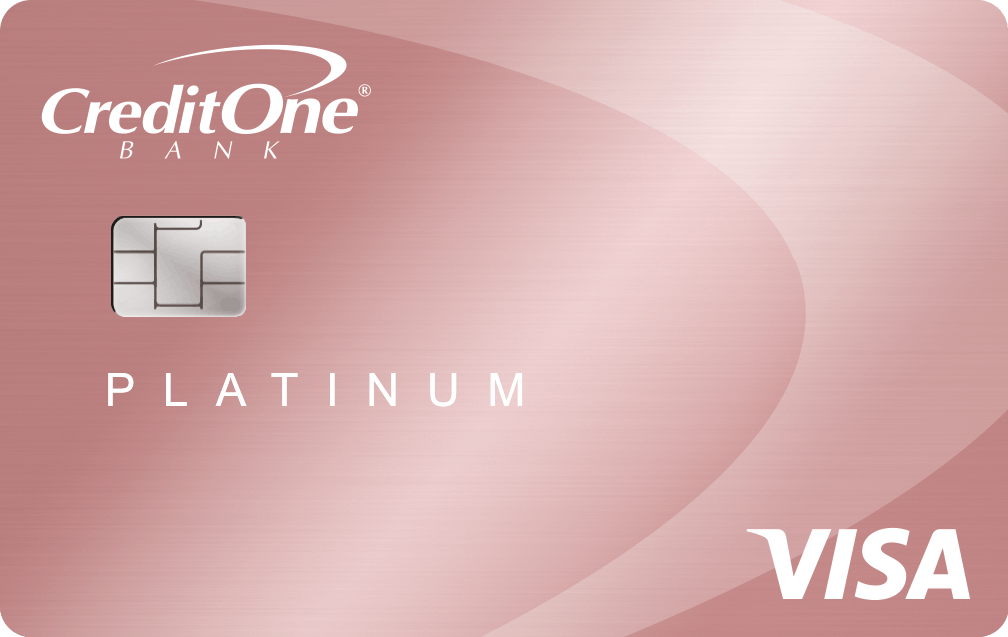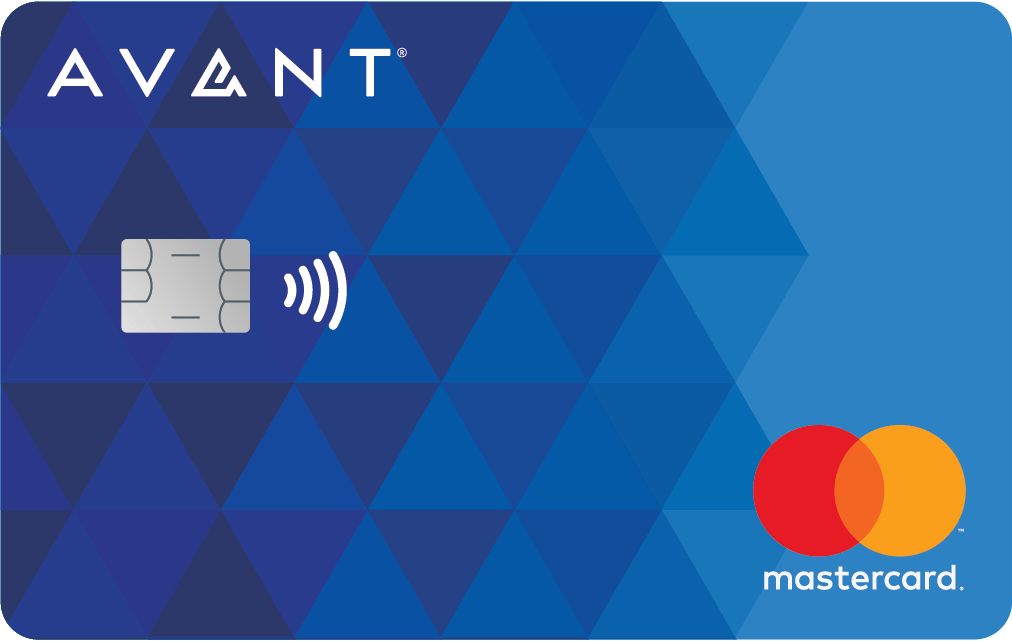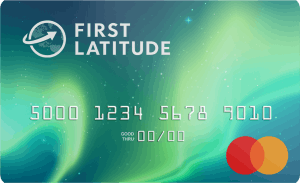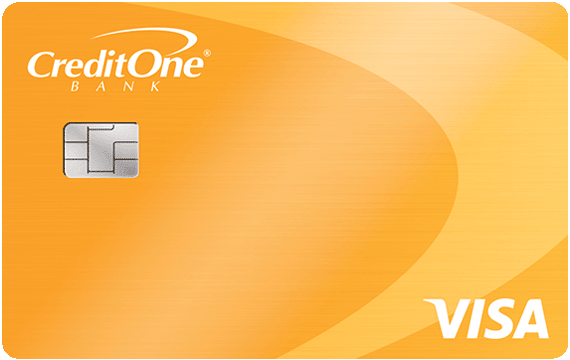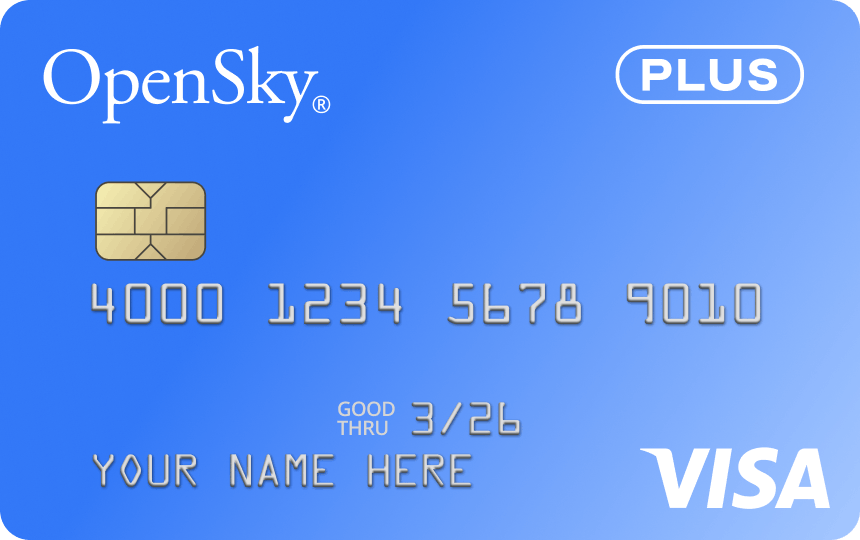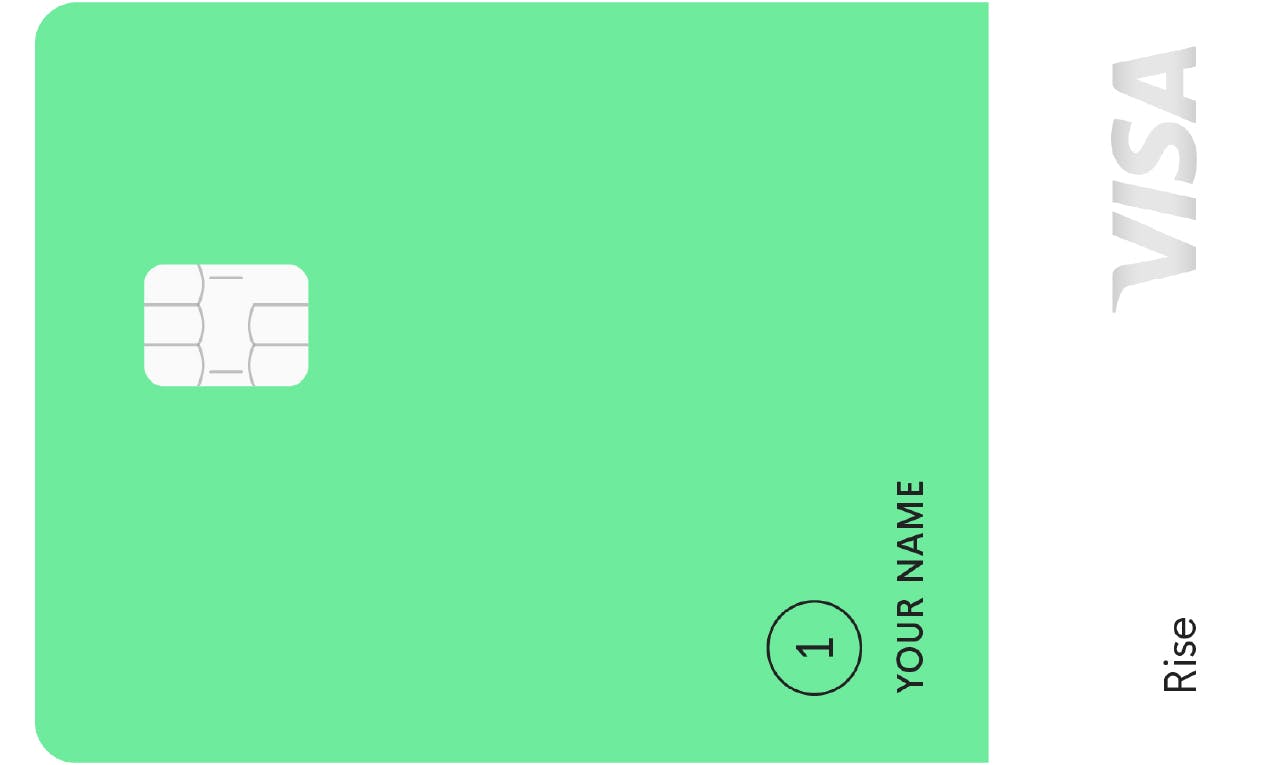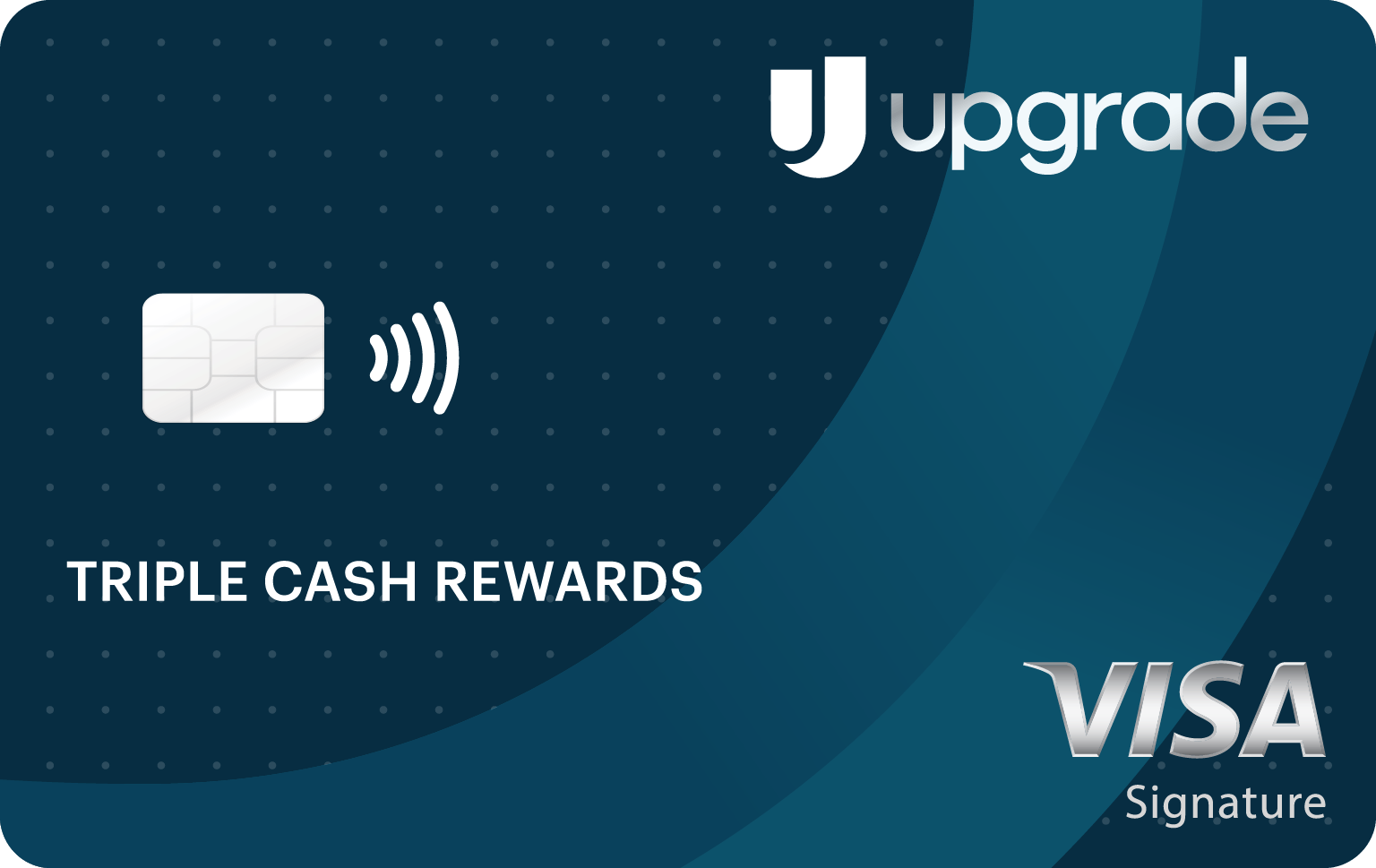Reward cards
We think you'll love these cards from our partners.
CK Editors’ Tips††: The right rewards credit card can help you get cash back on purchases, book a trip and gain crucial perks. Consider which rewards and perks match up with your habits, not just which card offers the most features overall.Read more
What to consider when choosing a rewards credit card
When shopping for a rewards credit card, keep in mind that rewards and perks only have value when you use them. While cards may promise plenty of points on purchases or high estimated values for their perks, you’re ultimately only going to benefit from them if they match up with your habits and needs. Think about where you spend your money, how much effort you’d like to put into maximizing a rewards program, and whether you want a cash back or travel rewards card.
When shopping for a rewards credit card, keep in mind that rewards and perks only have value when you use them. While cards may promise plenty of points on purchases or high estimated values for their perks, you’re ultimately only going to benefit from them if they match up with your habits and needs. Think about where you spend your money, how much effort you’d like to put into maximizing a rewards program, and whether you want a cash back or travel rewards card.
How we picked the best rewards credit cards
We selected the best rewards credit cards with a focus on cards that offer the chance to earn lots of rewards for spending in specific categories — like dining and groceries — and in straightforward ways, with cards that offer the same rewards rate on all purchases. Also, while many of the best rewards credit cards require good or excellent credit, we wanted to include a few options for those who are still building credit because rewards are available to people at many different levels of credit. Read more about our methodology for picking the best credit cards.
Jump to editors’ picksWe selected the best rewards credit cards with a focus on cards that offer the chance to earn lots of rewards for spending in specific categories — like dining and groceries — and in straightforward ways, with cards that offer the same rewards rate on all purchases. Also, while many of the best rewards credit cards require good or excellent credit, we wanted to include a few options for those who are still building credit because rewards are available to people at many different levels of credit. Read more about our methodology for picking the best credit cards.
Great for practical premium perks††
Great for practical premium perks††
Capital One Venture X Rewards Credit Card
Rewards rate
2x - 10xMiles per dollarAnnual fee
$395Welcome bonus
75,000MilesEditors' bonus estimate
$915
Rewards rate
2x - 10x Miles per dollar
Annual fee
$395
Welcome bonus
75,000 Miles
Editors' bonus estimate
$915
- Earn 75,000 bonus miles when you spend $4,000 on purchases in the first 3 months from account opening, equal to $750 in travel
- Receive a $300 annual credit for bookings through Capital One Travel, where you'll get Capital One's best prices on thousands of trip options
Great for simple cash back††
Great for simple cash back††
Capital One Quicksilver Cash Rewards Credit Card
Rewards rate
1.5% - 5%Cash backAnnual fee
$0Welcome bonus
$200
Rewards rate
1.5% - 5% Cash back
Annual fee
$0
Welcome bonus
$200
- 0% intro APR on purchases and balance transfers for 15 months; 19.24% - 29.24% variable APR after that; balance transfer fee applies, 3% fee on the amounts transferred within the first 15 months, 4% at a promotional APR that Capital One may offer you at any other time
- Earn a one-time $200 cash bonus after you spend $500 on purchases within 3 months from account opening
Great for graduating to unsecured credit††
Great for graduating to unsecured credit††
Capital One Quicksilver Secured Cash Rewards Credit Card
Rewards rate
1.5% - 5%Cash backAnnual fee
None
Rewards rate
1.5% - 5% Cash back
Annual fee
None
- No credit score required to apply, but may be used if available
- No annual or hidden fees, and you can earn unlimited 1.5% cash back on every purchase, every day. See if you're approved in seconds
Great for gas and groceries††
Great for gas and groceries††
Credit One Bank® Platinum Rewards Visa®
Rewards rate
1%Cash backAnnual fee
$0
Rewards rate
1% Cash back
Annual fee
$0
- Earn 1% cash back rewards on eligible gas and grocery purchases as well as mobile phone, internet, cable, and satellite TV services, terms apply
- No annual fee for qualified applicants, terms apply
Great for straightforward rewards††
Great for straightforward rewards††
Avant Cash Back Rewards Card
Rewards rate
1%Cash backAnnual fee
$0
Rewards rate
1% Cash back
Annual fee
$0
- 1% Unlimited Cash Back on Every Purchase, Everywhere MasterCard is accepted
- No Limit On The Monthly Rewards You Can Earn
Great for a low security deposit††
Great for a low security deposit††
First Latitude Elite Mastercard® Secured Credit Card
Rewards rate
1%Cash backAnnual fee
$29
Rewards rate
1% Cash back
Annual fee
$29
- Your Tax Refund Could be the Key to Improving Your Credit in 2025!¹
- Choose our First Latitude Elite Card for a Lower Annual APR!
Great for earning interest on your deposit††
Great for earning interest on your deposit††
Credit One Bank® Secured Card
Rewards rate
1%Cash backAnnual fee
$0
Rewards rate
1% Cash back
Annual fee
$0
- Earn 1% cash back rewards on eligible gas, grocery purchases and mobile phone service, internet, cable and satellite TV services, terms apply
- With $0 Fraud Liability, you won’t be responsible for unauthorized charges
Great for no credit check††
Great for no credit check††
OpenSky® Plus Secured Visa® Credit Card
Rewards rate
10%Cash backAnnual fee
$0
Rewards rate
10% Cash back
Annual fee
$0
- New feature! Earn up to 10% cash back on everyday purchases
- No annual fee
Great for access to unsecured credit††
Great for access to unsecured credit††
Petal® 1 Rise Visa® Credit Card
Rewards rate
2% - 10%Cash backAnnual fee
$59
Rewards rate
2% - 10% Cash back
Annual fee
$59
- No security deposit required
- 2-10% cash back at select local and national merchants
Great for paying off major expenses††
Great for paying off major expenses††
Upgrade Triple Cash Rewards Visa®
Rewards rate
3%Cash backAnnual fee
$0
Rewards rate
3% Cash back
Annual fee
$0
- Unlimited cash back on payments - 3% on Home, Health and Auto categories
- No annual fee
More cards by category
Shop all cardsMore ways to browse cards
†† The opinions you read here come from our editorial team. Intuit Credit Karma receives compensation from third-party advertisers, but that doesn’t affect our editors' opinions. Our marketing partners don’t review, approve or endorse our editorial content. It’s accurate to the best of our knowledge when it’s posted.

